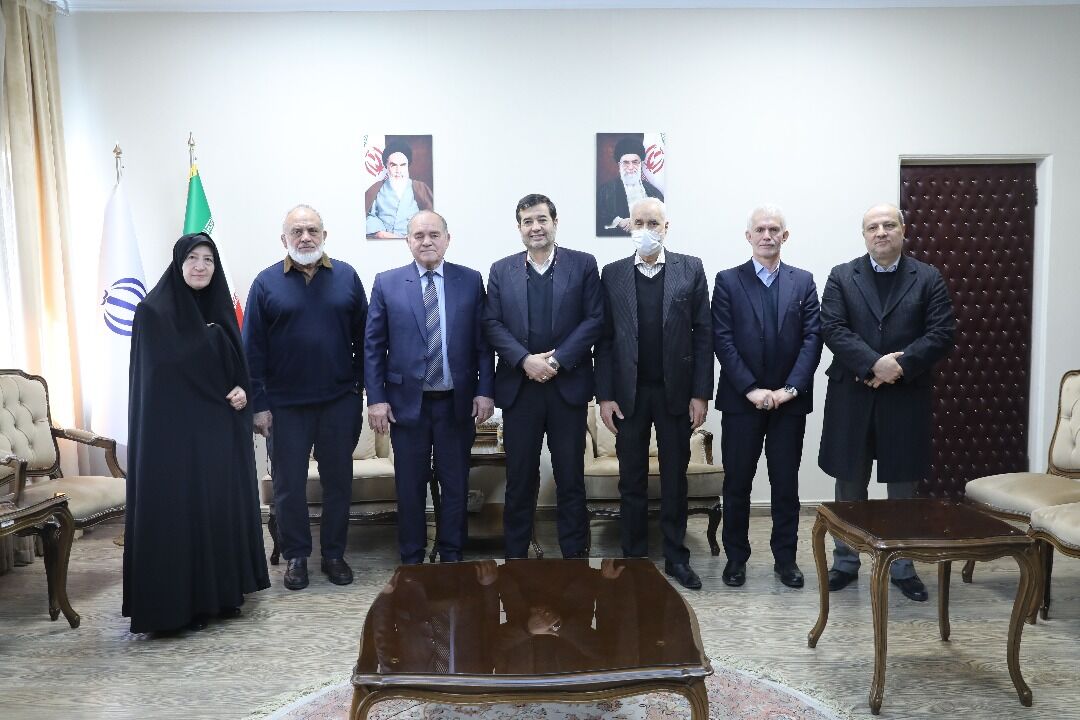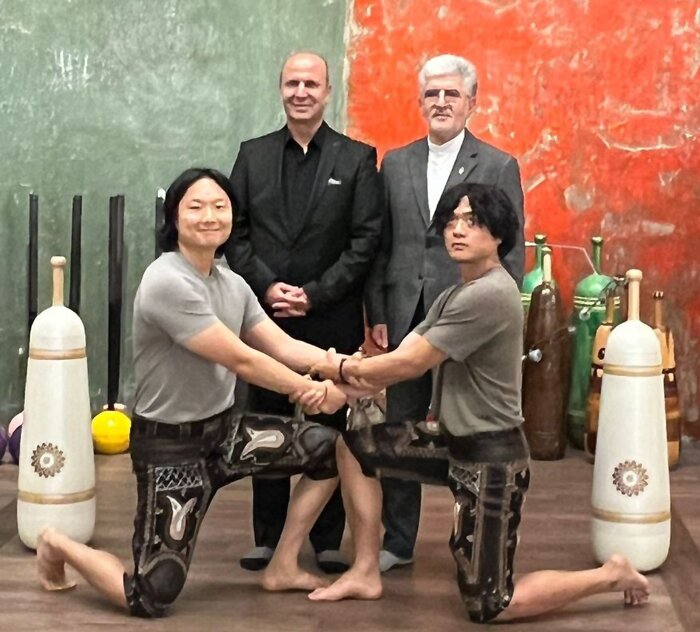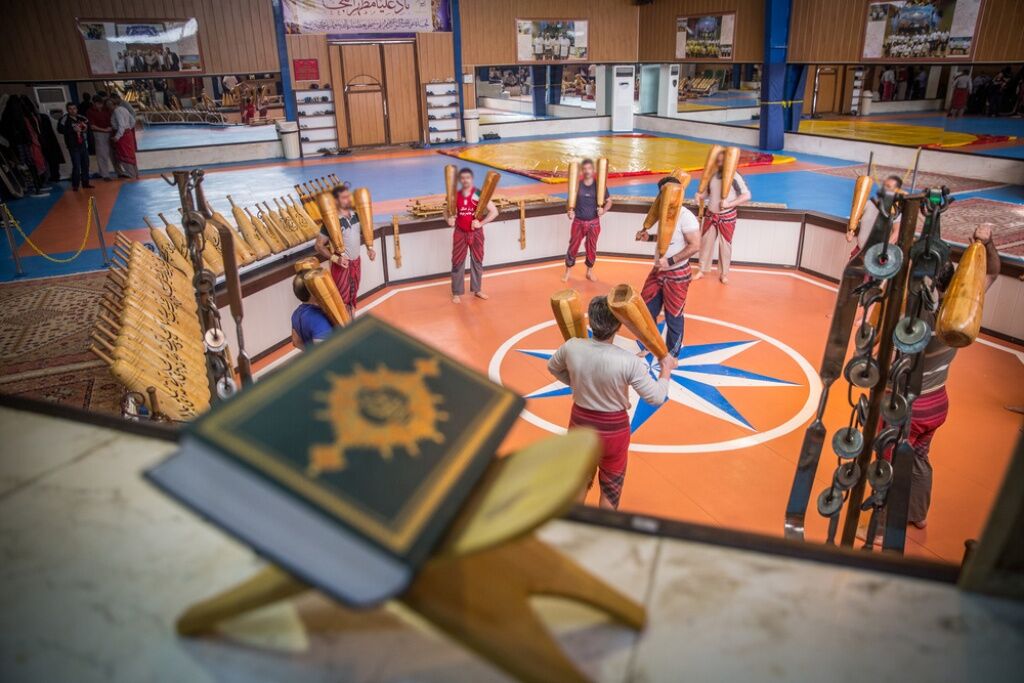It all started at the Sapporo Dome. That was the setting for Miroslav Klose’s FIFA World Cup™ debut in 2002, and he announced himself on the global stage in blistering fashion. Then aged 23 and making just his 13th Germany appearance, Klose netted a hat-trick of headers in an 8-0 thrashing of Saudi Arabia.
As clinical as his performance was, few could have predicted this would be the genesis of one of the great World Cup careers. The predatory striker would become the tournament’s all-time leading goalscorer – and the only man to win medals at four editions of the competition.
Back at Korea/Japan 2002, Klose – who had been playing non-league football just four years previously – followed up his opening-game treble with further goals in Germany’s group games against the Republic of Ireland and Cameroon. While he would not score in Germany’s knockout-stage matches, Klose’s tireless and intelligent centre-forward play helped his team battle their way through to the final, where they were beaten 2-0 by a Ronaldo-inspired
A World Cup silver medal in East Asia was followed by bronze on home soil four years later. Tasked with leading the line for the host nation, Klose again exploded out of the blocks with a brace in a 4-2 opening-match win over Costa Rica. The attacker netted another double against Ecuador before scoring a dramatic late leveller against Argentina in the quarter-finals. Germany won that match on penalties but their dreams of lifting the title were dashed by Italy in a titanic last-four clash.
Victory over Portugal in the play-off for third place ensured Klose’s campaign ended on a high, however, and the striker’s five tournament goals earned him the adidas Golden Boot prize.
Klose joined an elite group of players to win three World Cup medals – which includes Pele, Lothar Matthaus and Franco Baresi – with another bronze at South Africa 2010.
He got his customary goal in Germany’s first match of the tournament, scoring his team’s second in a 4-0 rout of Australia. A red card in the next game meant Klose missed the remainder of the group phase, but he returned in style in the last 16, slotting the opener in a 4-1 win over England. The forward then netted twice as Germany hit four again in a thumping last-eight victory over Argentina. Klose and Co were edged out by eventual champions Spain in the semis, but Germany clinched a second successive third-place finish with a play-off victory over Uruguay.
Klose got his hands on that elusive and coveted gold medal at Brazil 2014. He didn’t feature in Germany’s opener against Portugal and was again among the substitutes for their next game against Ghana. Called upon with his team 2-1 behind midway through the second half, Klose made a near-instant impact, equalising within two minutes of his introduction. That instinctive finish took him on to 15 World Cup goals, moving him level with Ronaldo as the tournament’s top scorer.
Klose went one clear of ‘O Fenômeno’ in one of the most astonishing matches in football history. The then 36-year-old had been restored to the starting line-up by the time Germany faced Brazil in a tantalising semi-final in Belo Horizonte. Forever the man for the big occasion, Klose rifled his team’s second goal in an earth-shattering 7-1 win over the host nation.
Klose started the final against Argentina and, while he did not get on the score-sheet in a tense Rio battle, Mario Gotze stepped up to the mark in extra time to fire Germany to glory.
Twelve years on from that Sapporo Dome hat-trick, Klose had set himself apart as the only man to win four medals at the global finals. His sustained brilliance on the greatest stage of all is almost unparalleled – and will ensure he is remembered as a bona fide World Cup legend.
- نویسنده : محمد مهدی اسماعیلی






























Thursday, 11 September , 2025